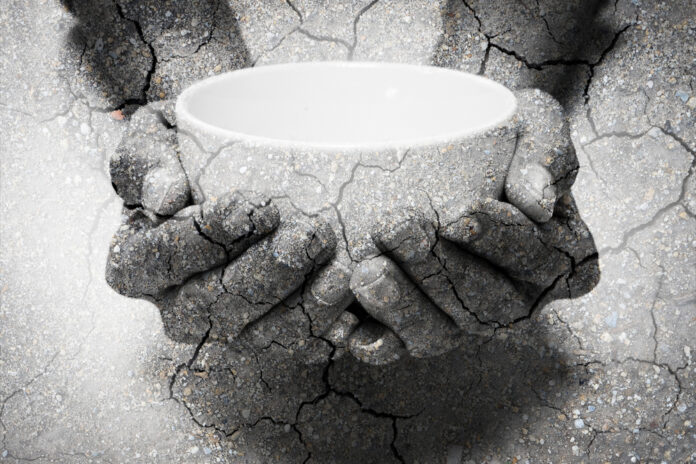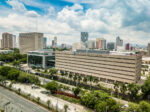The world produces more than enough food. Yet 673 million people still go hungry. This is not a failure of farming—it is a failure of fairness.
At the same time, one-third of all food is wasted. In some homes, leftovers pile up; in others, plates are empty. Welcome to the modern food system: overfed on one end, undernourished on the other. Somewhere in between lies a broken chain.
And we, in the Philippines, are stuck in the middle. Ranked 67th out of 127 countries in the 2024 Global Hunger Index, we are neither failing nor thriving. But middle is not a place to stay—not when children sleep hungry in an archipelago teeming with land, sea, and sunshine.
At the 47th ASEAN Agriculture Ministers Meeting in Pasay, leaders faced a hard truth: Southeast Asia imports 35 percent of its food—despite being rich in natural resources. With 650 million mouths to feed, that is not just a statistic. It is a warning. The fix? Smarter, regenerative agriculture that works with nature, not against it. Grow more. Waste less. Protect the soil that feeds us.
Back home, the quiet solution is already growing—literally. An SWS survey found 49 percent of Filipino families grow some of their own food. Among them, hunger is lower.
Coincidence? Hardly. Food security begins at home—with a shovel, a seed, and a little sun. It is not just practical; it is powerful.
But let us be honest: all the growing in the world will not help if we keep throwing food away. In a country where hunger stalks the margins, waste is not just careless—it is cruel.
Which brings us to “Sharon.” Not the pop icon, but the updated name for an old Filipino tradition: letting guests take home leftovers after a feast. What began as hospitality is now a subtle form of social safety net. That take-home plate? It might be someone’s next breakfast. Sharon is not just cute—it is clever. It is cultural efficiency. And it is a mindset we can take national.
World Food Day, on October 16, is not just a date. It is a challenge. Grow smarter. Waste less. Share more.
Because food is not just survival. It is equity. It is empathy. It is who we are—when we remember to care.







